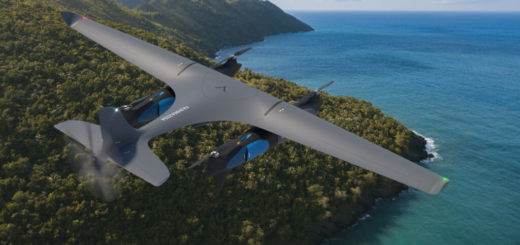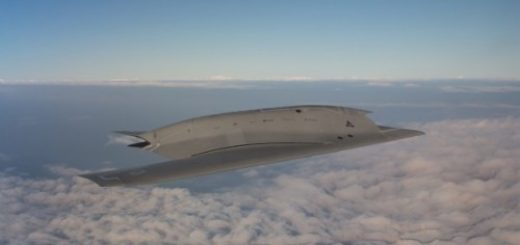1 in 4 passenger flights delayed in 2024 says South Korean aviation authority

More than one in four flights operated by South Korean airlines experienced delays in flight departures or arrivals in 2024, official government data released on Monday, February 10, 2025, showed. According to data published by the Korean Transport Ministry, the average delay rate for domestic and international flights operated by 10 domestic airlines analyzed in 2024 stood at 25.7%, as reported by Korea’s Yonhap news agency.
Of the 678,489 flights operated by South Korean airlines during 2024, 174,078 were recorded as delayed. According to Transport Ministry guidelines, a flight is considered delayed if it arrives or departs more than 15 minutes past its scheduled time. The ministry attributed the high delay rate witnessed in 2024 to increased international flights leading to greater airport congestion, as well as frequent turbulence and airspace restrictions on international flight paths.
Drilling down through the punctuality data, across international routes, Air Seoul (a low-cost subsidiary of Asiana) had the highest delay rate of 46.6% followed by Eastar Jet at 38% and Jin Air at 35.4%. In terms of domestic services within Korea, T’way Air had the highest delay rate of 31.3%, followed by Air Seoul.
Ryken Papy / ShutterstockThe figures add to the ongoing woes for South Korea’s airline industry which has come under scrutiny in recent weeks following two high-profile and highly publicized incidents. In December, a Jeju Air Boeing 737-800 crashed while making an emergency landing at Muan International Airport (MWX) in South Korea after a scheduled five-hour flight from Bangkok’s Suvarnabhumi Airport (BKK). Of the 181 passengers and crew onboard, 179 lost their lives.
Then on January 28, 2025, an Air Busan Airbus A321 caught fire at Busan Gimhae International Airport (PUS) after the aircraft’s tail caught fire before take-off. The aircraft was preparing to depart for Hong Kong International Airport (HKG) when a fire developed at the rear of the plane. Unconfirmed reports have stated that thermal runaway in a lithium-ion battery in a device stored in an overhead bin was the cause of the fire. All 168 passengers and seven crew members managed to escape using the aircraft’s emergency slides.
Compounding these issues, Jeju Air, the airline that operated the ill-fated Boeing 737-800 at Muan was found to have recorded the largest number of flight delays among domestic airlines due to maintenance during the first half of 2024, according to government data. The figures showed that 536 of the carrier’s flights out of the total 52,883 during the first six months of 2024 were delayed due to maintenance reasons. The rate of delays due to maintenance for Jeju Air stood at 1.01 percent, exceeding the overall global industry average of 0.64 percent during the period.
Wenjie Zheng / ShutterstockThe aviation industry in South Korea has grown rapidly since the COVID-19 pandemic, with airlines in both the full-service and low-cost sectors seeing ballooning demand for travel. This has put increased pressure on airport infrastructure and air traffic control resources as the authorities have struggled to keep pace with the soaring demand and increased flying by the nation’s airline companies.
These latest punctuality figures, when considered in tandem with the two recent incidents, will raise concerns that standards within the aviation industry in the country are slipping as airline companies chase revenue opportunities. Airlines in the country, along with the national aviation authorities, will be keen to get the industry back on track at the earliest opportunity.
RELATED
South Korea plans to rebuild aviation safety system following recent accidents
The post 1 in 4 passenger flights delayed in 2024 says South Korean aviation authority appeared first on AeroTime.
More than one in four flights operated by South Korean airlines experienced delays in flight departures or arrivals…
The post 1 in 4 passenger flights delayed in 2024 says South Korean aviation authority appeared first on AeroTime.






